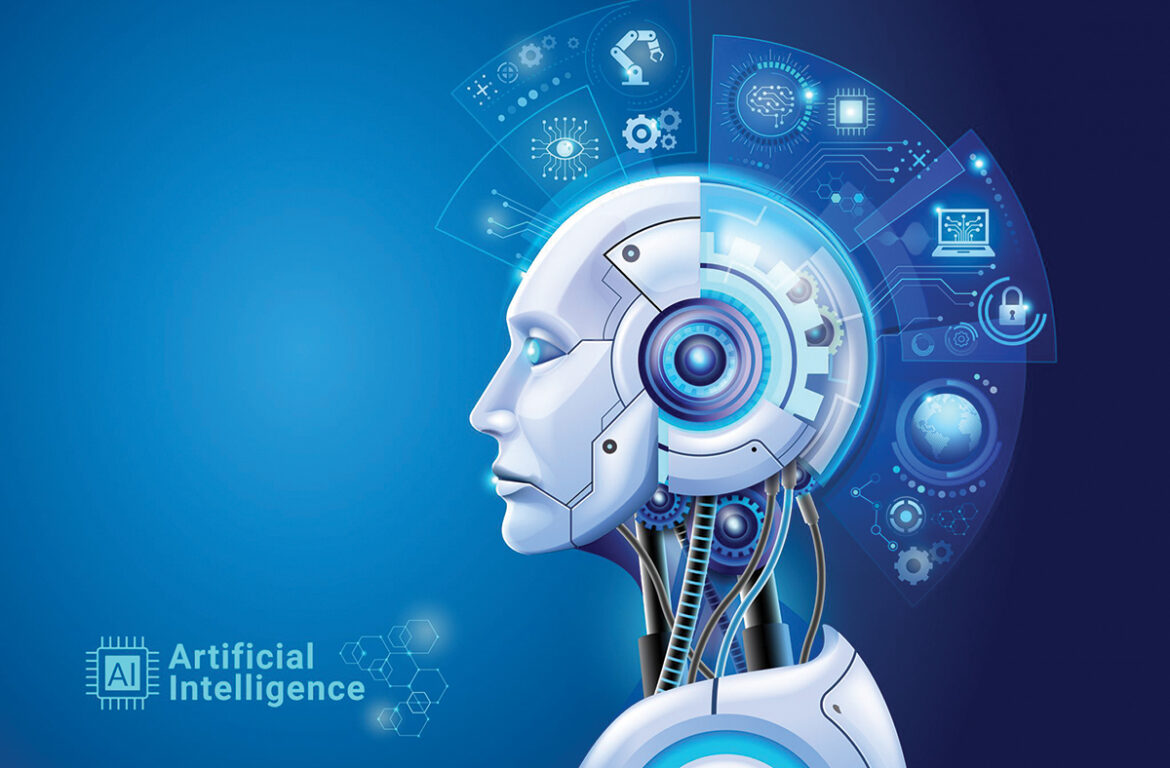The “boom” of AI, or artificial intelligence, has overtaken every aspect of our lives. From work to play to doctor appointments to morning commutes, AI has become commonplace for modern living. The thought of AI may spark ideas of cyborgs and robots reigning while holding humans captive. Not quite. You may be surprised to find that we have been using artificial intelligence all along.
How is that possible? Well, there may not be a robot maid making your life easier, but forms of AI can tell you how to find answers. Siri has been on the iPhone for years, and Alexa has been manufactured by Amazon since 2014. These, along with predictive text in Google, are virtual assistants, also known as AI. You may not have considered Siri AI, but AI comes in many different forms.
Artificial intelligence, according to IBM Technologies, is modernly defined as “the science and engineering of making intelligent machines, especially intelligent computer programs.” Computer scientist John McCarthy coined this definition in 2004. But even before then, AI was mentioned in the 1950s in the paper “Computing Machinery and Intelligence” by Mathematician and computer scientist Alan Turing.
So, how do we use AI daily? When checking your smart watch or other fitness devices in the morning, AI investigates your sleeping patterns and their meaning. When driving to work, your Pandora app may suggest music selections. That’s AI. Did your GPS note an accident on your route and offer another way that saves time? Thats AI. At work, you log on to your computer and check your emails. AI delivers your messages to your inbox or your SPAM box and stars those determined to be urgent or important. What do you want for dinner? AI can help you order groceries and have them delivered. When the groceries arrive, a signal sent by AI in your security camera alerts you to a possible intruder at the door.
The Pew Research Center has reported that AI continues to rapidly integrate every aspect of our lives, from all mentioned above to healthcare services and financial planning. But they have also found that Americans are concerned about the rise of AI instead of being excited by it. This may be associated with AI portrayal in sci-fi movies versus everyday task utilization. Congress will continue to regulate what AI can legally do, and for now, the public will continue to reap the benefits.





